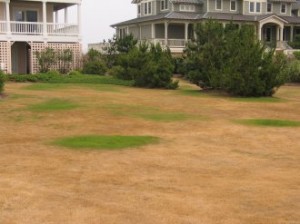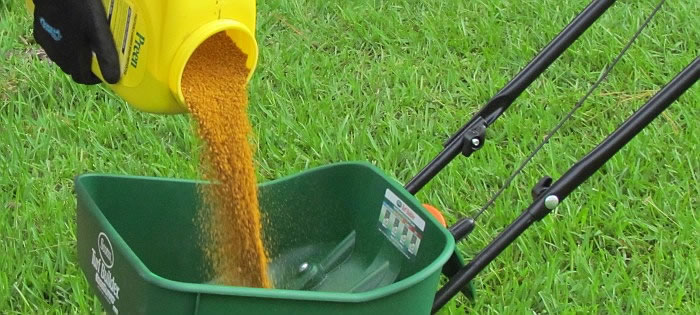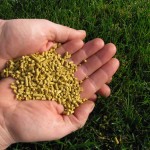The weather doesn’t seem to resemble winter too much, and at times the temperatures remind us of an early Spring. But don’t get the Spring mindset just yet.
Some are starting to perform yard work that should not be started yet!
Don’t let the weather fool you, starting now could cause more harm then good once the lawn is actually ready to wake up. Allowing your lawn and garden to wake up on its own – gradually, is the best thing for it. Starting to soon can end up killing new shoots, cause flowers to bloom to soon (leaving them dead when you want them most!) and opening the door up to fungus and diseases.
When should you consider starting your lawn work?
Normally April-May are the best months for our area. It differs though from year to year – February is definitely way to early to start lawn maintenance.
What should I start with when it is time?
Raking. Clear out the left over leaves from Fall, give the lawn a good raking. This will provide a small amount of de-thatching and help new blades get oxygen & sunlight. You may want to consider a sprint aeration service or professional de-thatching service as well.
Get your soil pH tested.
The second step I would recommend is to get a soil pH test from a local garden center / home improvement store. They normally cost around $8.00 – $10.00 and give you valuable information regarding the condition of your soil. Poor soil returns poor lawn grass, so don’t under estimate this step. We also provide soil testing services that get returned with documents that explain all recommended fertilizer applications – which really helps put you a step ahead for spring maintenance.
View a complete list of our available services at www.blaircountylawnservice.com/services/
Technorati Tags: soil pH


